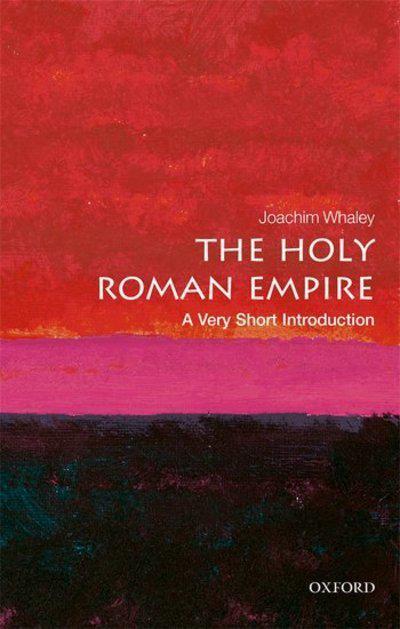The Holy Roman Empire
a very short introduction
- ISBN: 9780198748762
- Editorial: Oxford University Press
- Fecha de la edición: 2018
- Lugar de la edición: Oxford. Reino Unido
- Colección: Very Short Introductions
- Encuadernación: Rústica
- Medidas: 18 cm
- Nº Pág.: 176
- Idiomas: Inglés

Voltaire's description of the Holy Roman Empire as 'neither holy, nor Roman, nor an empire' is often cited to underline its worthlessness. German historians traditionally despised it because it had allegedly impeded German unification. Since 1945 scholars have been more positive but the empire's history and significance is still largely misunderstood. In this Very Short Introduction Joachim Whaley outlines the fascinating thousand-year history of the Holy Roman Empire. Founded in 800 on the basis of Charlemagne's Frankish kingdom, its imperial title went to the German monarchy which became established in the ninth and ten centuries. They claimed Charlemagne's legacy, including his role as protector of the papacy and guardian of the Church. Around 1500 the title Holy Roman Empire of the German Nation was adopted. An elective monarchy, the empire gradually developed from a feudal monarchy into a legal system that pacified the territories and cities of German-speaking Europe. By 1519 it had a supreme court and a regional enforcement system ended feuding. Throughout its lifetime, the empire's growth and history was shaped by the major developments in Europe, from the Reformation, to the Thirty Years War, to the French revolutionary wars, which led to Napoleon destroying the empire in 1806. The sense of a common history over a thousand years and the legal traditions established by the empire have shaped the history of German-speaking Europe ever since. Joachim Whaley analyses the empire's crucial impact and role in the history of European power and politics, and shows that there has never been a more durable political system in German history.








